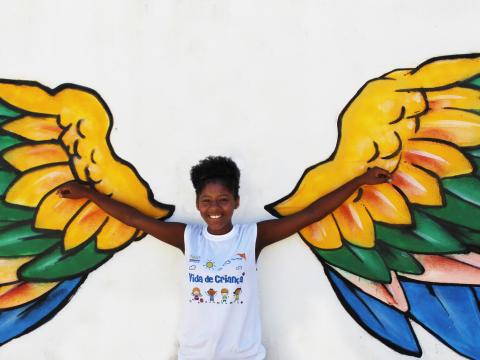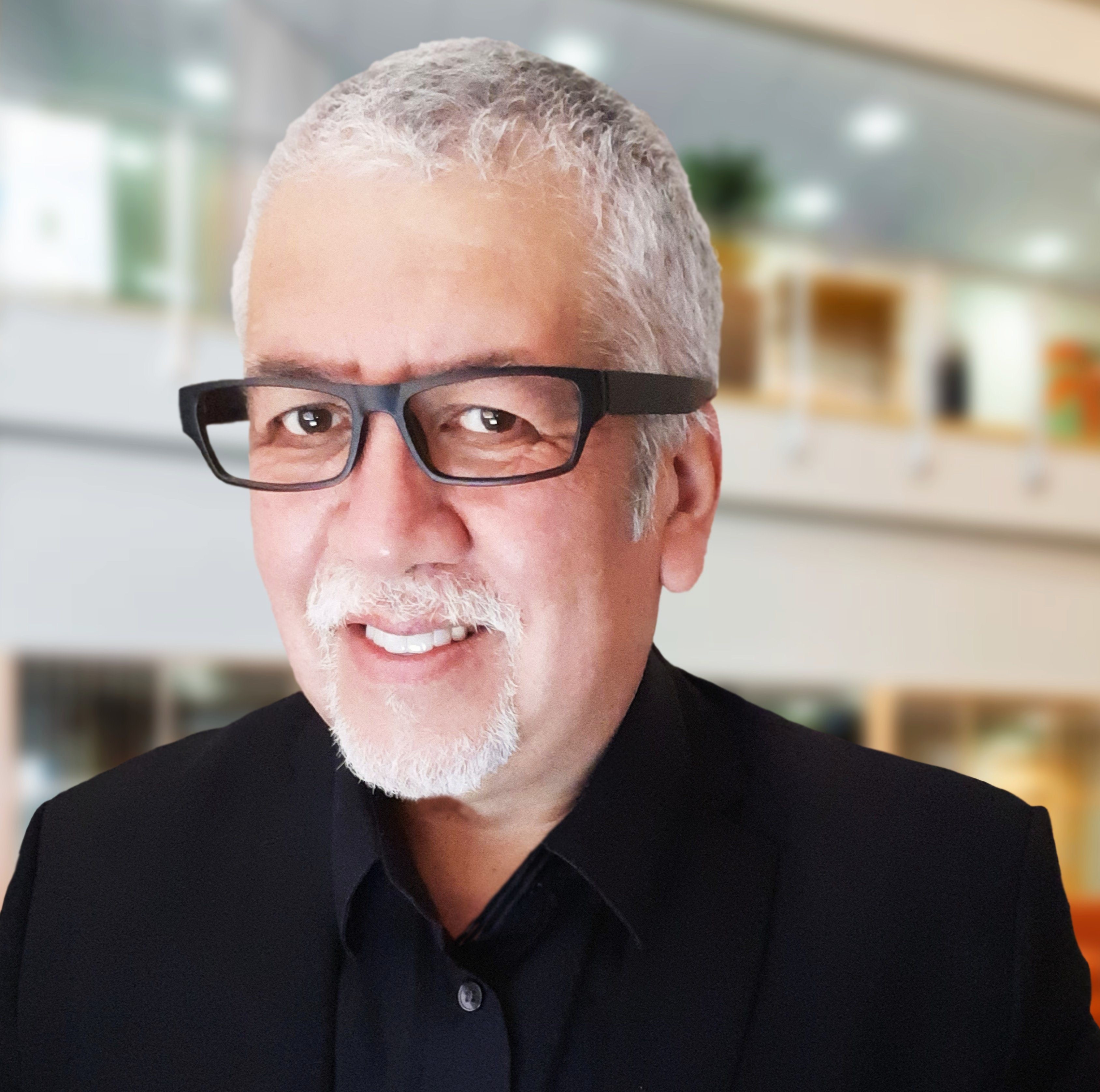
Celebrating the girls reshaping our world
By Patricio Cuevas-Parra, Director, Child Participation and Rights
Having worked for many years for children’s rights, it’s hard to see that, despite substantial efforts, structural inequality and cultural practices continue to undermine processes to make our societies more equal and gender-inclusive. I am, however, profoundly convinced that sustainable changes are achievable if we are able to ensure the meaningful engagement of girls and boys. When they challenge traditional patriarchal beliefs and structures of power, change happens.
We continue to need an International Women’s Day because not a single country has achieved gender equality, and consistently across all regions we still see inequality, including gender-based violence and prejudices, unequal pay for the same jobs, and lack of political representation.
Girls around the world are not free from these same problems, and, in actuality, many of them experience double the amount of discrimination for being a female and a child.
This International Women’s Day, I want to honour three girls, Sarifina, Dola, and Rute, on behalf of the millions of girls fighting for equality around the world. They are the new generation of girl leaders that strongly believe that change is possible and are contributing to transforming our society.

I believe gender and childhood are socially and historically constructed concepts that determine the way we perceive the different realities that form our lives. Unfortunately, these social constructs have defined unbalanced interactions of power between males and females across cultures, histories, and contexts. Girls and boys have learned to construct their everyday lives and meanings by both, whether it be by accepting or challenging these unfair structures. Sarifina, Dola, and Rute chose to make a change by shaping their environments, facilitating dialogue, and taking direct actions to contest inequality.
I met Sarifina in Ghana, Dola in Bangladesh, and Rute in Brazil. In every case, I was bowled over by their worldviews, interpretations of their realities, and desires to build a better world for all girls. Using different strategies, they each want to challenge and alter rigid social norms that affect them disproportionally when compared with boys. They question social patterns, attitudes, and practices that perpetuate gender inequality, marginalisation, and vulnerability.
Sarifina is a young leader from a rural community in Ghana. She and her peers knock on doors, meet with adults, hold rallies, distribute pamphlets, write and at times shout to raise awareness of the benefits of keeping girls in school and the negative impact of child marriage.
Dola is from the capital city of Bangladesh and is an active member in her local child parliament. She is an activist committed to saving girls from child marriage by detecting cases, acting urgently, and convincing her peers and officials to accompany her in stopping these marriages in her community.
Rute lives in an impoverished town in north-eastern Brazil where girls experience severe discrimination due to their ethnicity and poverty. She participates in collective actions to make a change in children’s lives and works together with her friends to identify and address problems affecting them.
Sarifina, Dola, and Rute and hundreds of others like them teach me that one of the best strategies to challenge discriminatory attitudes and norms is to empower girls to take control of their lives and support them in reconstructing the meaning of their identities. However, this process needs to be intentional and well-articulated in order to address the root causes and highlight the social identities and dimensions of inequality that limit their agency and autonomy.
While commemorating International Women’s Day, let’s keep the youngest – and perhaps most vulnerable – female leaders in our thoughts and encourage everyone around us to change their perspectives and challenge the traditional beliefs that undermine the principles of gender equality and empowerment.
Let’s dream for an equal and fair world for everyone. Then let’s turn that dream into a reality.


